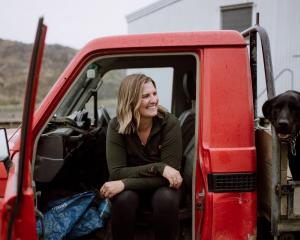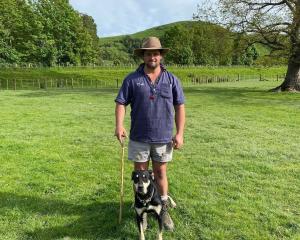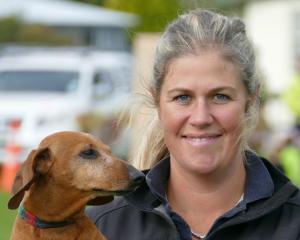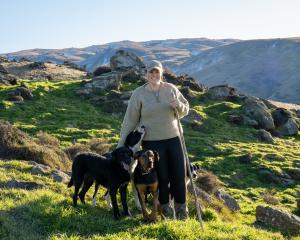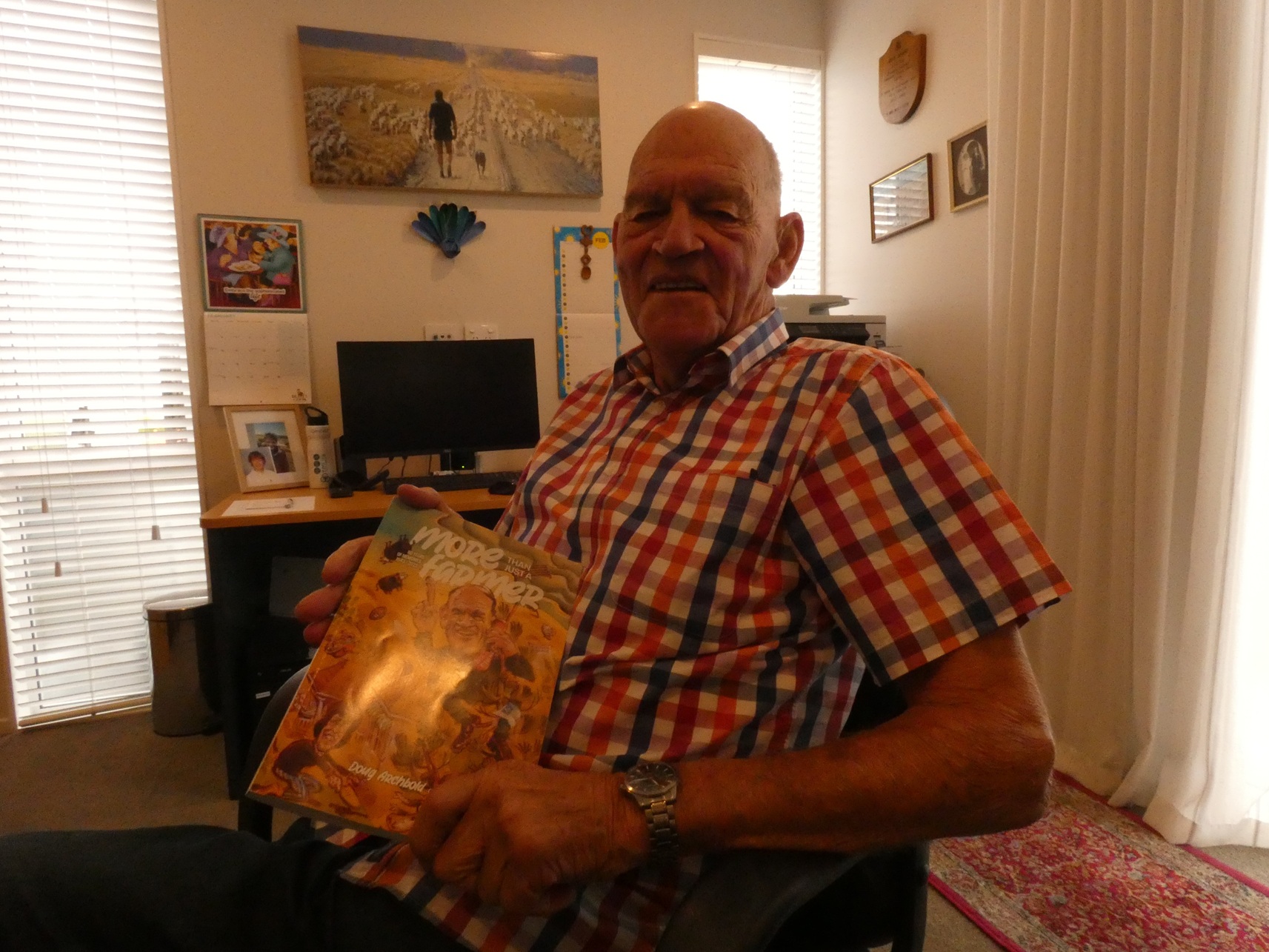
Doug Archbold’s self-published memoir More Than Just a Farmer has sold nearly 450 copies after three editions.
If the Christchurch retiree had known it would have been this well read he would have printed more, but he has ruled out a fourth print run.
After covering production costs, he raised more than $12,000 for the Westpac Rescue Helicopter, Cheviot Museum and North Canterbury Rural Support Trust from his walk down memory lane.
In a "tremendous gesture", a man he met at a funeral bought the entire run of 150 copies in the first edition when he heard it was for the latter charity.
The bulk buyer kept one for himself and gave the rest back so they were sold twice over.
Mr Archbold said many people gave more than $20 for their signed copy.
There would be no further editions as production costs would require a larger cover price and they had reached the charity target, he said.
"The feedback was just amazing. After reading the book, the two main things people couldn’t get their heads around are the fact I was very shy when I was a boy and that I’m still alive — because I’ve had some horrendous car accidents in my early years and quite serious medical events including a broken neck and cardiac arrest. But I’m still here and I’ve been blessed."
Mr Archbold can literally credit his wife, Jill, for everything he has achieved in his latter years as she saved his life in 2011.
Early one morning she woke up to find him groaning. Dialling 111, she was told to start CPR which she did, until three ambulances arrived.
"It took 35 minutes to get the heart started and I was in a coma for a week. It was touch-and-go and later they put a defibrillator in me."
When his aortic valve packed up seven years later this was replaced with the pericardium of a cow — he jokes it came from a stud Angus cow. Surgeons had to put this up his femoral artery because open heart surgery was ruled out because of too much scar tissue.
And before all of that, while still living on the farm, he had had a triple bypass.
The neck injury arose when he broke his C6 and C7 vertebrae at the top of the spine after he lost concentration on a quad bike towing a light trailer on a hill. As he jumped off the bike, the trailer came around and struck him on the neck.
Somehow he stumbled to the manager’s cottage about three-quarters of a kilometre away and the ambulance crew took one look at him and called in a helicopter.
Confined to a specialist trauma unit, he had a titanium plate successfully inserted by a surgeon.
Grateful for a second or third lease on life, his run of ill health forced him to rethink life.
"I’ve just been so lucky. Having a broken neck and a triple bypass in 18 months was probably the catalyst for me thinking it’s time to leave the farm. Looking back, technology was starting to get beyond me. I had a farm of 5000 stock units, didn’t have a tractor and I got everything done by contract with an old guy with horses and dogs working for me. It was a low-cost farm, but probably not sustainable. Farms were getting bigger around me, so at 57 I sold the farm and came to Christchurch and had another career and did a lot of other things."
In the book he described driving out the gate the last time and leaving their Heathcote-Helmore designed home and surrounding farmland in 2001, as an emotionally draining experience.
This was shortlived.
They built a home designed by their architect son and a builder offered him work as a casual labourer. So he happily worked in the inner city on tilt slab apartments for $11 an hour with not a care in the world.
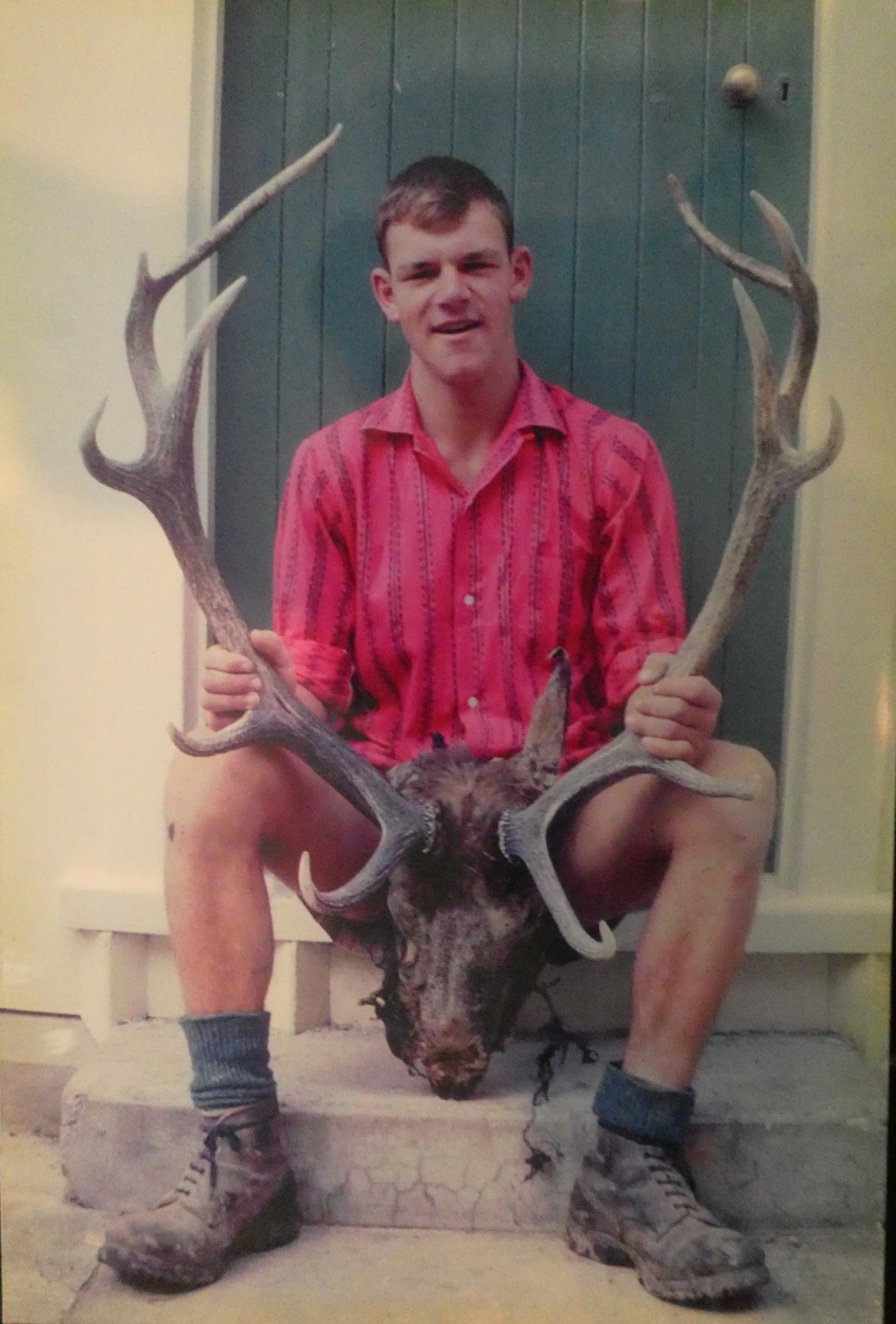
A challenging two decades included the big drought of 2014-15 and the Kaikoura drought, as well as market and political upheaval. When he started there was a six-person team and today its numbers have grown to include 20 facilitators who go out to farms after an 0800 call.
Easily the biggest change he has seen is the de-stigmatising of mental health and farmers more open to getting help. Visits by All Black great Sir John Kirwan helped to break this down.
"If you went to a funeral 50 years ago and showed any emotion at all, that was a sign of weakness supposedly. But now it’s OK to show emotion and that macho thing of people being told to pull yourself together has changed and it’s talked about and come out a lot more which is great."
Mr Archbold wanted to be a political scientist, but in those days there was pressure to stay on the land from his father who had run 731ha Lowry Hills west of Cheviot since 1955.
The reluctant farmer made the most of his unchosen career and ended up pursuing his first choice after becoming involved in farmer politics.
Immersed in the Cheviot community, he was a local Federated Farmers leader, a councillor for Hurunui District Council and spent eight years on the Meat & Wool Board’s 25-farmer electoral committee. The committee screened farmers wanting to become a director on either of the two producer boards and put them through a probing questioning session.
For him it was a sad day when the committee was disestablished, replaced by direct elections and high-profile candidates without the committee grilling.
He said it was telling that both boards had since disappeared.
If he had his time again, he wouldn’t change much.
"If you go right back, I’m an academic at heart and fortunate that my parents in difficult times could send me to Christchurch Boys’ High School. I always hankered for a university career, so in a way I was a reluctant farmer. But when I look back it’s ironic now because all I wanted to do at university was become a political scientist and of course they only come out of the woodwork every three years if there’s an election coming up. So I was better doing what I have done."
Mr Archbold is immensely proud of their architect son Richard and veterinary daughter Kate, both of whom excelled academically, and a 14-year-old grandson who’s already showing promise in competitive cycling.
He keeps busy on Burlington’s residents’ committee and one of his jobs is to welcome every new arrival.
Time is found to be part of a men’s book club and a member of the learning group U3A.
Two other Cheviot farmers are in the village and they’ve organised full bus trips to their home district, stopping at Lowry Hills and the domain where his great grandfather designed the mansion for "Ready Money" Robinson in the 1860s.
"You can take a boy out of the country, but you can’t take the country out of the boy. People say ‘do you miss the farm’ and I always say I probably miss the people more than the farm, because we were so involved with the community."
For Age Concern he’s an approved visitor, including for 93-year-old Ngai Tahu woman who lives on her own and he sees her weekly, often calling her on the phone two or three times a week.
He’s also a pen pal with an inmate in the women’s prison and she’s finally opened up to him about her tough background after three years of correspondence.
It was also Mrs Archbold who suggested he transcribe 60-odd years of diary entries into a book to keep him busy over the Covid-19 lockdown and retain matrimonial harmony.
He did this by longhand and she typed it out. Good friend Cheryl Colley was brought in to give it some order.
Mr Archbold was awarded the Queen’s Service Medal in the Queen’s Birthday honours list in 2014. He acknowledges it was only possible with the support of a woman he met on a blind date who became his wife.
"Several people have told me it’s Jill that should have got the medal, not you because she saved my life. She woke up and I was literally dead and [she] started CPR until the ambulance arrived. I couldn’t have done all this without her."





